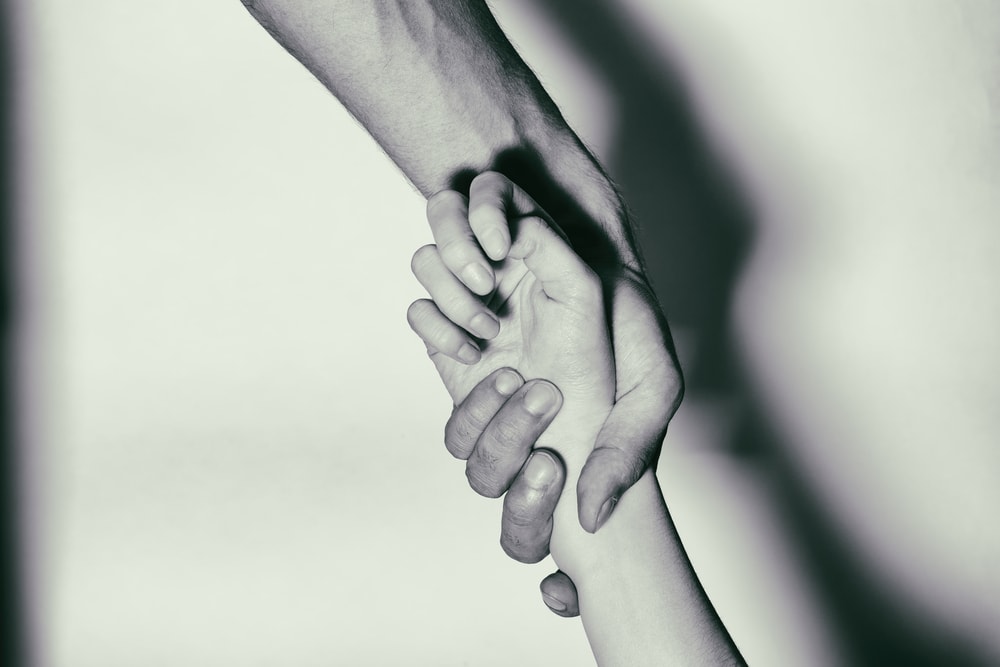The sad facts about drug abuse that leads to addiction are sobering. Becoming addicted means that a person struggles to get through every day. It tragically impacts the ways in which addicts deal with their friends, family, community, co-workers, and colleagues. The silver lining is that there is help in the form of drug rehab for people who have become seriously addicted to drugs. Recovery is possible, but it is a lifelong process. Recovery means that the addicts have ceased taking drugs and realized better ways of handling their daily problems.
Recovery and Treatment Means A Lifelong Process
There is no magic bullet that makes an addict clean and free of addiction for life. This kind of recovery often takes the rest of their life. The reason for this is that drug addiction proves to be a complicated and involved disease of the brain that it does not easily forget. Quitting involves much more than simply good intentions and even substantial willpower. This is because drug use alters the human brain so significantly that it makes rehab and recovery difficult for even those who are determined to become clean.
Can Drug Treatment Programs Really Help People to Quit Taking Drugs?
The simple answer is yes. Drug rehabilitation programs can aid determined addicts in quitting these narcotics. Treatment does not only involve medications to break the cycle. Rather treatment often encompasses medicines, programs and support, and counselling. These efforts used in concert have the power to aid addicts in not only quitting the drugs, but also in helping them to retake full control of their lifestyles. Even better news is that addicted individuals do not have to suffer a complete meltdown to “rock bottom” to receive treatment that works. Those who are early stage addicted can be helped with treatments.
What Treatment Options Are Available and How Effective Are They?
It is a fact that different forms of drug treatment work better for some people than for others. This depends on how severe the addiction is and the precise drugs the addict takes. There is never a single treatment that fits all users. Some programs that work effectively for one addict may not help another. This is why recovering drug users should consult with a doctor who specializes in drug treatment to ensure they receive the treatment specifically tailored to their addiction and body.
Some of these treatments occur in drug rehabilitation clinics, detoxification hospitals, or other medical facilities where the addict remains for a period ranging from several days to months. Other treatment takes place during the day in offices of medical professionals. These programs avoid the overnight stays. Both medicines and counseling have a place in reforming drug addicts. Medicines are effective in helping users to quit heroin, prescription pain killers, and even tobacco and alcohol addictions.
There are a range of effective medicines offered. Some of them are intended to reduce the severity of the withdrawal effects those first days and weeks. Other medications aid users in avoiding the drugs once they have completed detox. These drugs actually reduce the brain’s craving for the drugs. There are even medicines that block the pleasurable high that users experience when taking the drugs. Other addictive drugs do not have medicines that help to treat their specific addiction.
What Are The Counselling Treatment Options?
Counselling ought to go hand in glove along with medications and a detox program. This counselling can be provided either as a family, individually, or as a group. Behavioral counselling involves discussing the feelings and emotions with the counselor. Group sessions can be very effective as addicts often share common experiences and struggles. The counselor will lead and keep the sessions on track. Medicines are most effective when used alongside this type of counseling.
Types of Drug Rehab Facilities
There are at least five different types of facilities for drug recovery. Detox facilities offer a medically aided and carefully supervised program to deal with the physical symptoms of addiction.
More serious help is available through a partial hospitalization treatment option. This tends to benefit those who have both drug abuse problems and mental health issues associated with them.
Residential rehabilitation centers offer care in carefully controlled environments that give additional support to ensure that relapse risks are reduced during recovery. There are also intensive outpatient programs offered that let the addicts receive the treatment they require all the while keeping their important daily commitments like going to school or working a job.
Finally there are sober living communities. These assist the addicts with their recovery through offering alcohol and drug-free housing after rehabilitation or detox has been successfully completed.
In short, there is effective help for drug addicts looking for real, lifelong recovery. Through an effective combination of medicines and counselling, users can move down the road to lasting recovery. The struggle may be a lifelong one, but it does not have to be done alone or without hope for ultimate success.

